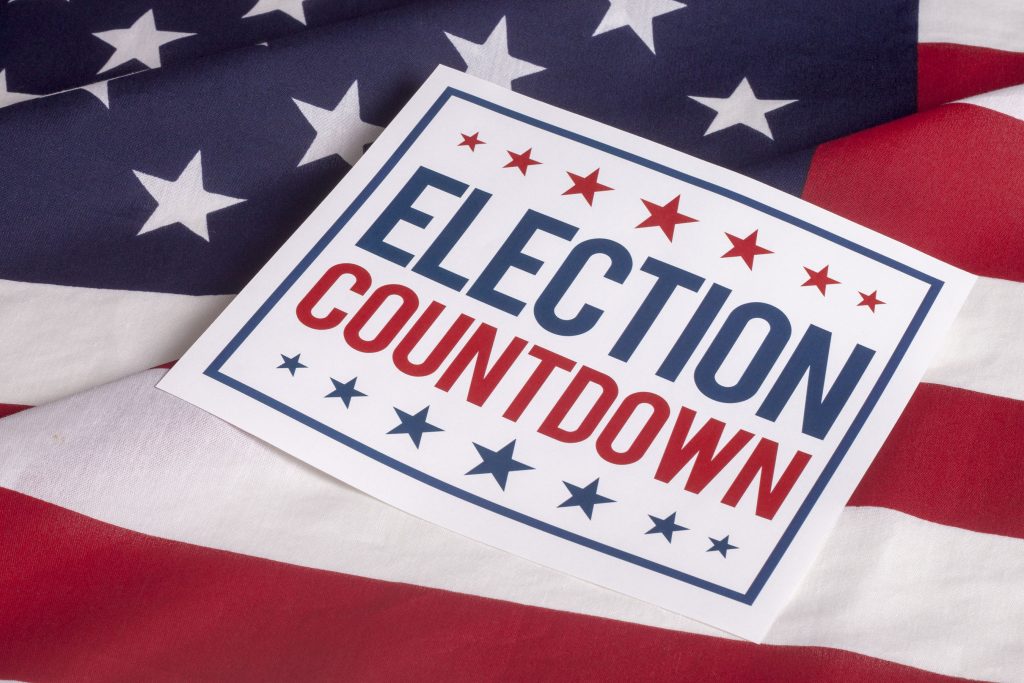
The Republican Party faces two fundamental political problems. The first is that while the party’s overall “small government” message is broadly popular with a significant cross-section of the electorate, its specific policies (huge tax cuts for the rich, complete opposition to gun control, radical environmental and workplace deregulation) are wildly unpopular. And the second is that the GOP has become the party of white Americans without a college degree at a time when the country is becoming more educated and more diverse than ever.
Most traditional models of political behavior suggest that the GOP would respond by moderating its positions, expanding its appeal to Americans of color and moving closer to the preferred policy positions of the majority. Instead, Republicans have moved to entrench their power through voter suppression tactics aimed at demographic groups the party has alienated.
As Democrats prepare for a 2020 presidential election that will, in large part, be determined by voter turnout, Republican voter suppression strategies are increasingly in the public eye. And one of the Democratic Party’s most popular leaders, former Georgia gubernatorial candidate Stacey Abrams, is launching a new initiative – Fair Fight 2020 – to protect and assist voters in battleground states who have to surmount significant hurdles in order to cast their ballots.
What is Fair Fight 2020?
Abrams’ initiative is aimed at helping Democratic Party leaders and activists in battleground states by providing them with financial resources and legal assistance. The goal? Fighting voter suppression efforts and helping individual voters.
Fair Fight 2020 is expected to cost between $4 million and $5 million. It’s targeted at 20 battleground states, mostly in the Midwest and Southeast, as well as three red states with gubernatorial elections in 2019 (Kentucky, Louisiana and Mississippi).
It’s a continuation of a battle Abrams has been waging since her 2018 election defeat – the group Abrams founded in the aftermath of that defeat, also called “Fair Fight,” filed a federal lawsuit against the state of Georgia, arguing that it had mismanaged the 2018 election. That lawsuit is currently ongoing.
Fair Fight 2020 is looking to get a head start on the inevitable voter suppression fights instead of waiting until the election year to prepare. The group has already sent staffers to Detroit to talk to Democratic officials there about protecting voters.
In addition, Fair Fight will engage in a voter education program. The organization will speak to voters about their rights, especially vote by mail in those states where that’s an option, and conduct voter registration drives.
Abrams’ Role in the Voting Rights Fight
For Abrams, voter suppression is not a hypothetical concern. She has personal experience with it.
Abrams, a former leader of the Democratic minority in the Georgia House of Representatives, attracted national attention in 2018 when she ran for the state’s governorship. She was looking to become the first African-American woman to be elected governor in the United States.
Her race against Republican Brian Kemp became one of the most closely watched, expensive and fiercely contested elections in the country, a microcosm of the broader partisan wars playing out across the US. It was also one of the nation’s most controversial races – Kemp was serving as Georgia’s Secretary of State while running for governor, which meant he was overseeing the very election he was trying to win.
The election was defined by the state’s long-standing voter suppression efforts, many spearheaded by Kemp in his role as Secretary of State. Kemp’s office had purged more than 340,000 voters from the rolls, a disproportionate percentage of them African-American. In addition, Kemp’s office held up more than 50,000 voter registration forms, often due to minor discrepancies. And Election Day itself was marred by reports of insufficient ballots and long lines in heavily African-American precincts.
Kemp won by about 55,000 votes, or 1.4 percentage points, and while Abrams gave a speech acknowledging that Kemp had won, she pointedly refused to concede or grant the legitimacy of the election. But Abrams’ defeat did not hurt her standing in the Democratic Party. She gave the party’s response to the 2019 State of the Union in a well-regarded speech, and Senate Minority Leader Chuck Schumer (D-NY) practically begged her to run for Senate in 2020.
But Abrams, facing an uphill climb against Republican incumbent David Perdue and reportedly eyeing a re-match against Kemp in the 2022 gubernatorial election, declined. She also declined to enter the crowded field of Democrats running for President.
Abrams, instead, is playing a long game, fighting for voting rights at a time when they are increasingly under attack in some of the nation’s most competitive states. The success of her efforts could well determine the outcome of the 2020 presidential election.



Andrew, I’d like the story to start with the third graph where you zero in on Stacey Abraham’s and Brian Kemp.